Iodine offers protection against many types of cancer
By naturopath Margaret Jasinska
Iodine is such an important nutrient for good health and so many people aren’t getting enough. Your body requires iodine to manufacture thyroid hormones and they are necessary for good energy and achieving a healthy weight. Iodine has other benefits in your body though. Recent research shows it helps reduce the risk of cancer. Unfortunately most of the patients I see are iodine deficient when we test them.
Iodine can help to prevent cancers via the following mechanisms:
- Antioxidant
- Anti-inflammatory
- Pro-differentiating
- Pro-apoptotic effects
- Protecting breasts and ovaries from over stimulation by oestrogen
Iodine is especially good at reducing the risk of stomach, breast and prostate cancer, but researchers believe it is effective against other tumours as well, there just haven’t been enough studies yet.
It has been known for a long time that regions of the world with a high incidence of goitre also have higher rates of cancer. The specific cancers most closely associated with goitre include prostate cancer, endometrial, ovarian, colorectal, stomach and thyroid cancer. It has also been known for a long time that women with a thyroid condition are at greater risk of breast cancer.
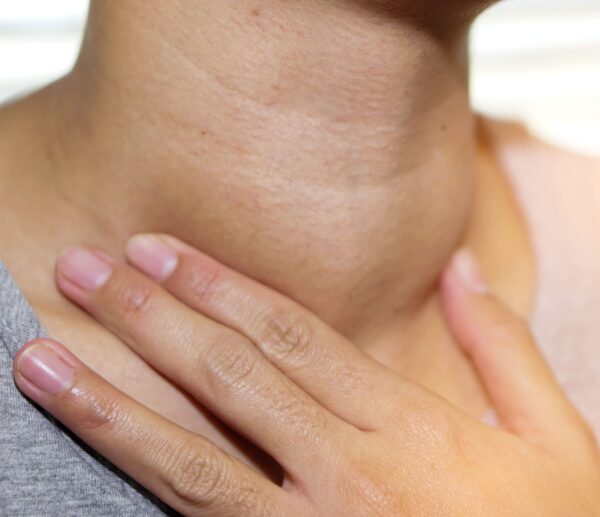
The total amount of iodine in your body is supposed to be between 25 and 50 mg, with 50 to 70 percent of that in places other than your thyroid gland. When you ingest iodine, it gets absorbed through your small intestine and taken to the parts of your body that need it. Most iodine gets excreted in your urine. That means the most reliable test for iodine is a urine test, not a blood test.
Iodine protects breasts
Iodine has specific protective effects on breasts and ovaries. Iodine promotes the healthy detoxification of oestrogen and also makes breast cells less sensitive to oestrogen. Women have a higher requirement for iodine than men. It helps to promote regular ovulation in menstruating women, and in that way supports progesterone production. That makes it one of the most important remedies for oestrogen excess and oestrogen dominance symptoms like breast pain, fibrocystic breast disease, ovarian cysts, and PMS. I find that supplementing iodine with bio identical progesterone cream works wonderfully for these conditions. Progesterone requires a doctor’s prescription.
Iodine protects the prostate
Countries such as Japan, with an extremely high iodine intake have much lower rates of prostate cancer than the United States or Australia. Several factors are probably involved, however, the traditional Japanese diet is very high in iodine. It is estimated to be 25 times greater than in the US. The average intake in Japan is 5,280 micrograms per day versus only 209 micrograms in the USA.
There is a large body of evidence to show that iodine is taken up readily by the prostate and affects its overall health. Animal studies have shown that iodine supplementation reduced symptoms of benign prostatic hyperplasia. In humans, iodine reduces cell proliferation and induces apoptosis (cell death) in prostate cancer cells. Men who are iodine deficient are more likely to develop an aggressive form of prostate cancer, with a Gleason score of 8 or higher.
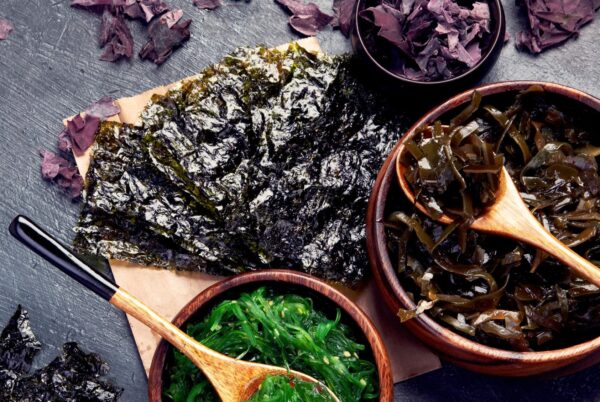
Which foods contain iodine?
Most of the world’s iodine is found in the oceans; therefore any food that comes from the sea contains iodine. For this reason, fish and other seafood is a good source of iodine, as long as it really does come from the ocean and lives on its traditional diet. Farmed seafood is not a good source of iodine. Seaweed is rich in iodine, but not a lot of people eat it regularly.
Ordinary salt does not contain iodine. Sea salt and Himalayan salt contain very small quantities. If you want to get iodine from salt, you’d have to buy iodised salt. Most people don’t use enough salt for iodised salt to provide anywhere near enough of this vital nutrient.






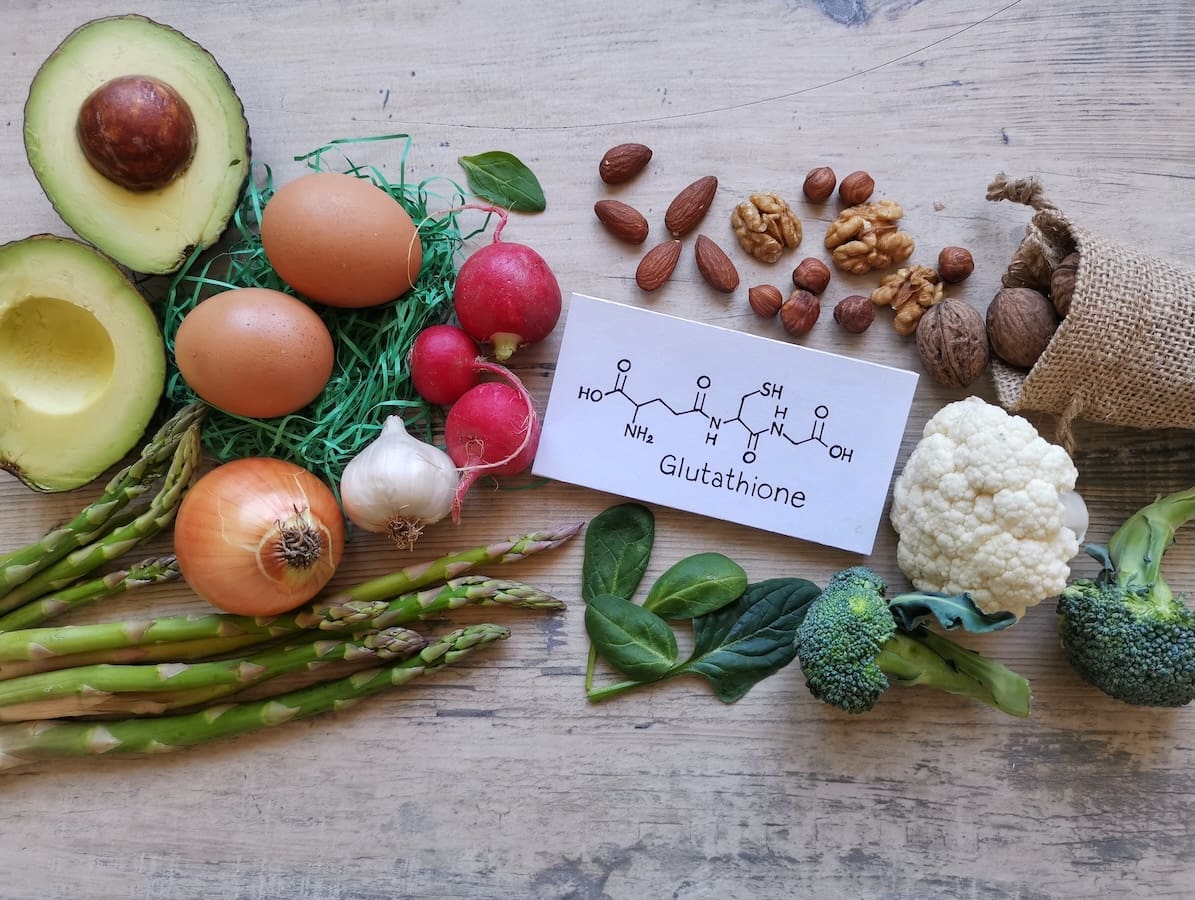
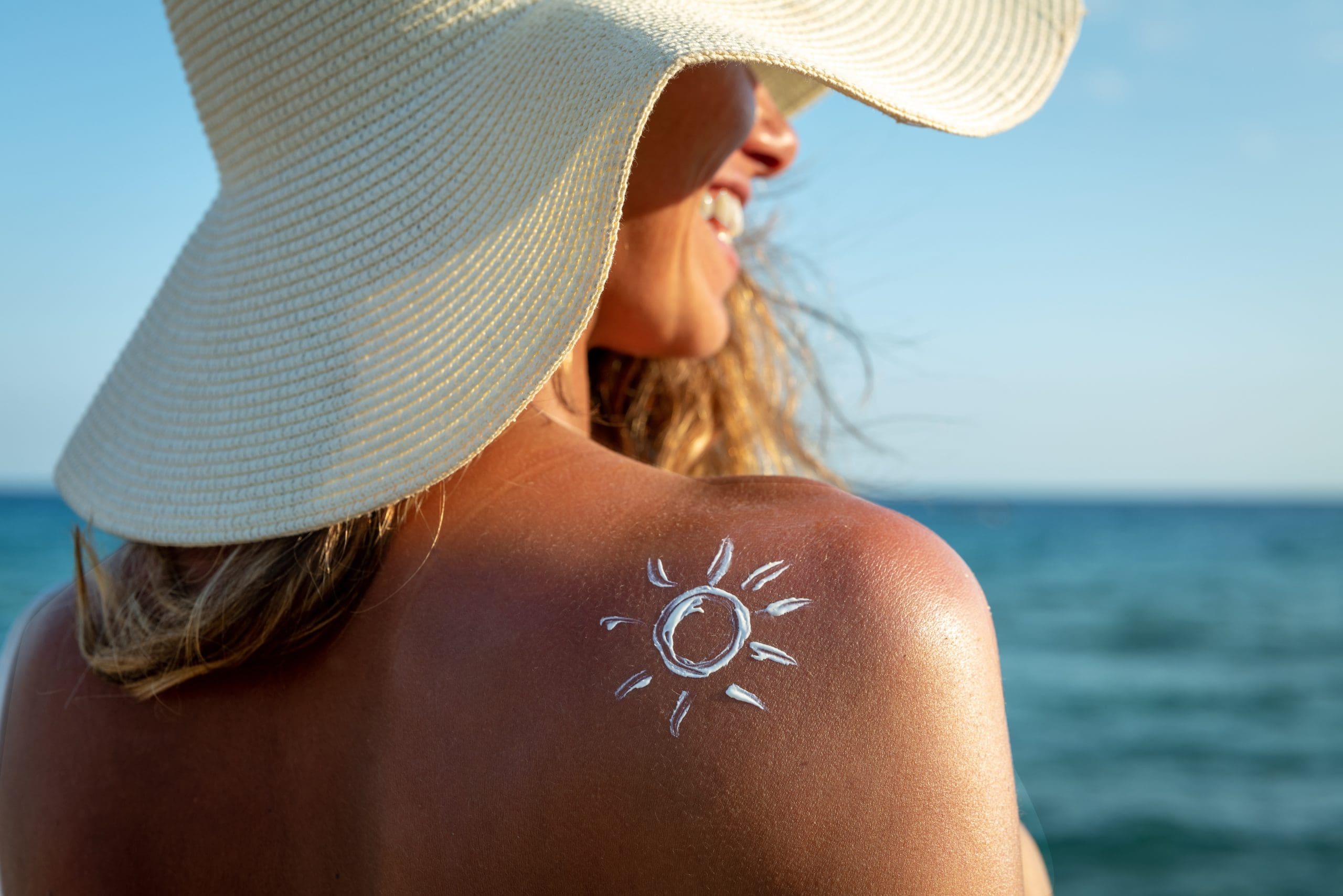
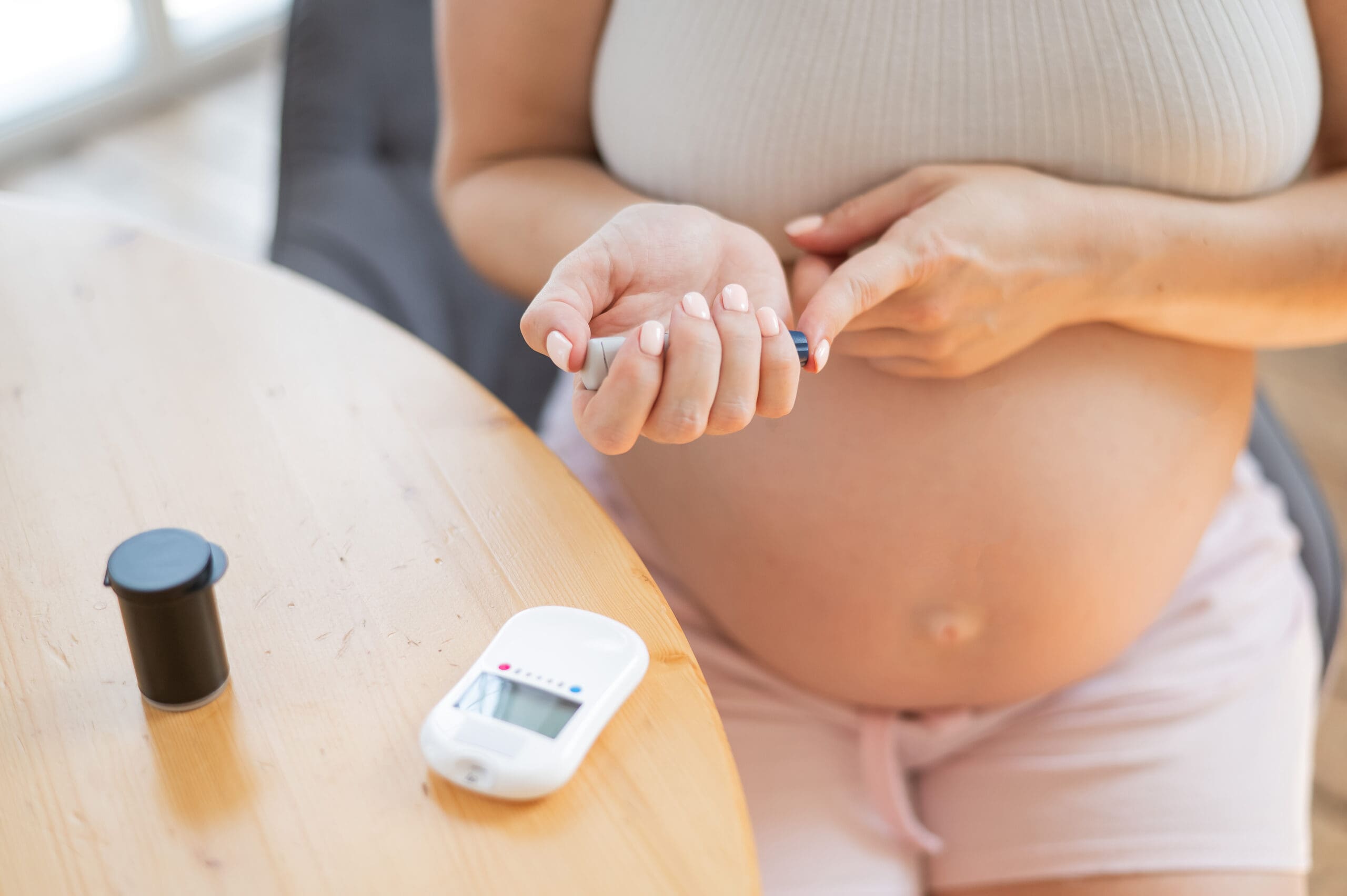
do nori sheets have iodine?
Thanks,
Eva
Hi Eva,
Yes, they do.
Kind regards,
Jessah Shaw
Nutritionist
How many drops of Iodine should I take daily
Hi Suzy,
Since we don’t sell iodine drops, I recommend checking the bottle of the iodine you are taking.
Kind regards,
Jessah Shaw
Nutritionist